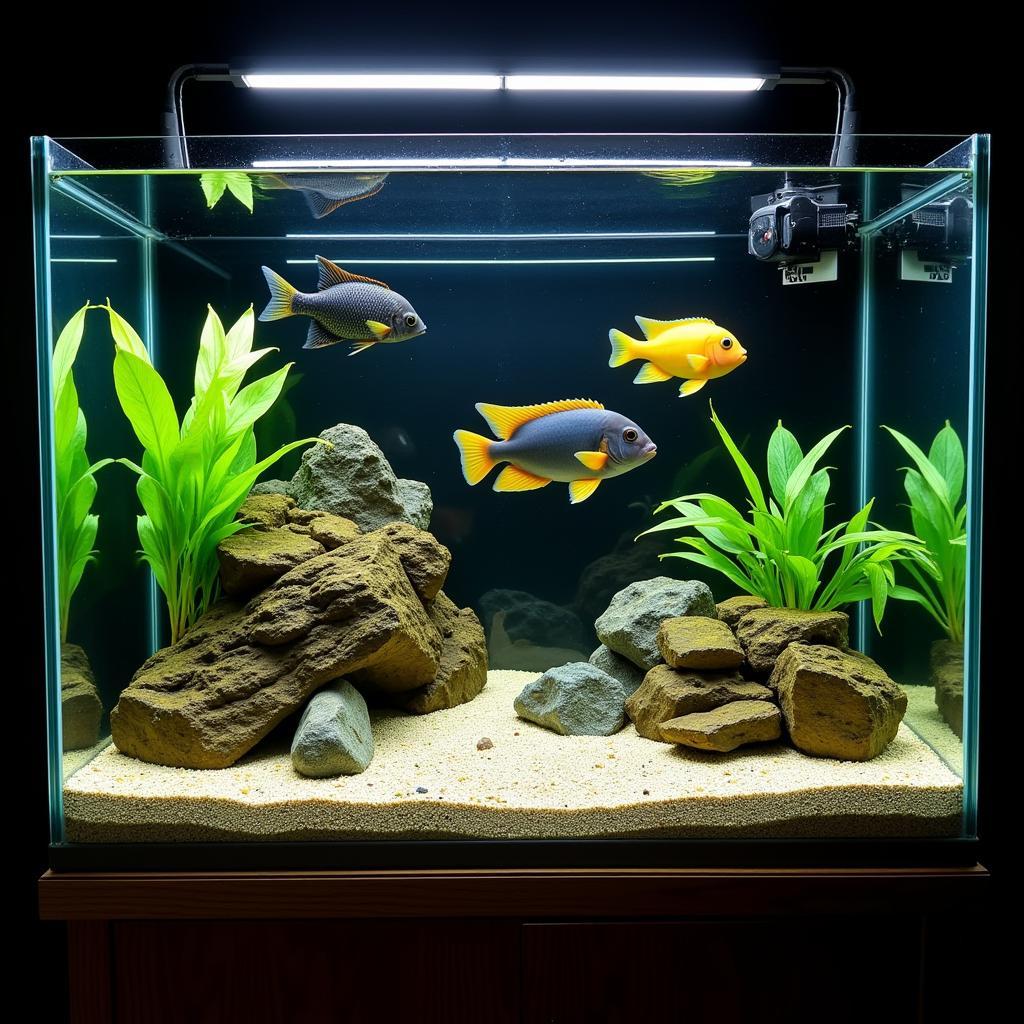African Hedgehog Wikipedia: A Deep Dive into These Tiny Treasures
The African Hedgehog Wikipedia page provides a good starting point for learning about these fascinating creatures. However, this article delves deeper into their world, exploring their unique characteristics, diverse habitats, and the complexities of keeping them as pets.
Unveiling the African Pygmy Hedgehog
African hedgehogs, specifically the four-toed hedgehog ( Atelerix albiventris), are increasingly popular pets worldwide. They are often referred to as African pygmy hedgehogs, distinguishing them from larger European species. These small, nocturnal mammals are native to central and eastern Africa, thriving in diverse habitats from savannas and grasslands to woodlands.
Physical Characteristics and Adaptations
African hedgehogs are known for their spiky quills, a modified form of hair made of keratin. These quills serve as a primary defense mechanism. When threatened, they roll into a tight ball, presenting a formidable barrier to predators. Their small size, averaging 6-8 inches in length, allows them to navigate dense undergrowth and seek shelter in burrows and crevices.
Habitat and Diet in the Wild
African hedgehogs are insectivores, with their diet primarily consisting of insects, worms, and other invertebrates. They are opportunistic feeders and may occasionally consume small vertebrates, fruits, and vegetation. Their nocturnal nature helps them avoid daytime predators and take advantage of the cooler temperatures for foraging. Their keen sense of smell and hearing plays a vital role in locating prey in the darkness.
Conservation Status and Threats
While African hedgehogs are not currently classified as endangered, habitat loss due to agriculture and human expansion poses a growing threat. The illegal pet trade also impacts wild populations in some regions. Understanding their natural habitat and dietary needs is crucial for both conservation efforts and responsible pet ownership.
African Hedgehogs as Pets: Considerations and Care
The popularity of African hedgehogs as pets has increased significantly in recent years. However, potential owners need to be well-informed about their specific needs and the commitment involved. Owning an African hedgehog requires providing a suitable environment, a balanced diet, and appropriate veterinary care.
Creating the Ideal Hedgehog Home
A spacious enclosure, appropriate bedding, a hiding area, and a temperature-controlled environment are essential for a pet hedgehog’s well-being. Enrichment items, such as wheels for exercise and toys for stimulation, are also crucial for their physical and mental health.
Dietary Requirements for Pet Hedgehogs
While commercially available hedgehog food is a good base, supplementing their diet with insects, such as mealworms and crickets, is essential to replicate their natural diet. Fresh water should always be available.
Understanding Hedgehog Behavior
African hedgehogs are primarily solitary animals. While they can be socialized to some extent, they are generally best housed individually. They are known for their unique behaviors, such as self-anointing, where they spread saliva on their quills, the purpose of which is still not fully understood. Recognizing these behaviors is key to understanding their communication and overall well-being.
“Understanding the natural behaviors of African hedgehogs is crucial for providing appropriate care and enrichment in captivity,” says Dr. Amina Mohammedi, a wildlife veterinarian specializing in African small mammals. “Their quirky behaviors, like self-anointing, are fascinating and highlight the unique adaptations of these creatures.”
Conclusion
The African hedgehog, a small but captivating creature, continues to fascinate both wildlife enthusiasts and pet owners. Understanding their natural history, from their adaptation to the African savanna to their unique dietary needs, is essential for both conservation efforts and responsible pet ownership. By appreciating the intricacies of their lives, we can ensure their well-being in the wild and as beloved companions. The African hedgehog Wikipedia page provides a foundation, but further research can deepen our appreciation for these spiky wonders.
FAQ
- What is the average lifespan of an African hedgehog? (4-6 years)
- What is self-anointing in hedgehogs? (Spreading saliva on their quills)
- Are African hedgehogs nocturnal? (Yes)
- What do African hedgehogs eat in the wild? (Insects, worms, other invertebrates)
- What kind of housing do pet hedgehogs need? (Spacious enclosure with appropriate bedding, hiding area, and temperature control)
- Can African hedgehogs be housed together? (Generally, they are best housed individually)
- What are the signs of a healthy African hedgehog? (Active, bright eyes, good appetite, clean quills)
Further Reading:
- Explore our article on “Hedgehog Diet and Nutrition”
- Learn more about “Setting Up the Perfect Hedgehog Enclosure”
Need help with your African Hedgehog? Contact us: Phone: +255768904061, Email: kaka.mag@gmail.com Or visit us at: Mbarali DC Mawindi, Kangaga, Tanzania. We have a 24/7 customer support team.

